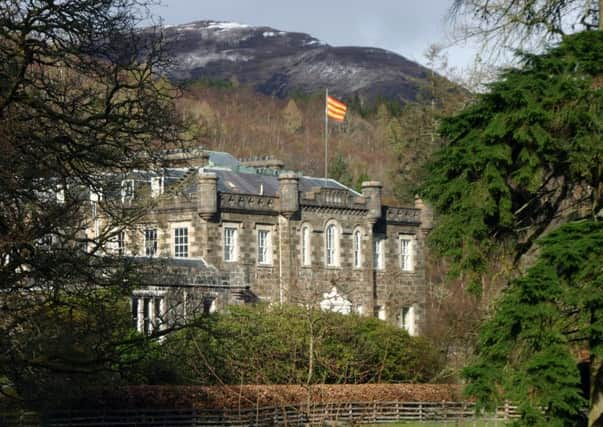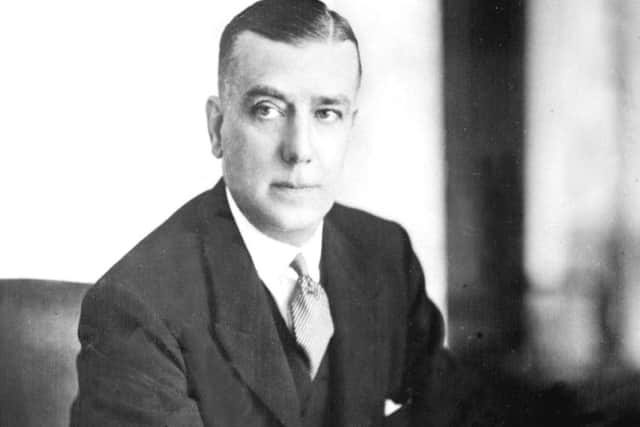New book traces story of secretive Highlands oil agreement


Forty-one years before the discovery of North Sea oil in 1969, Scotland was the scene of a series of meals that would determine the fate of the global petroleum industry until the present day.
A new book traces the story of the secretive “Achnacarry Agreement” that was forged in the Highlands in 1928 and led to major players in the oil industry establishing a cartel designed to steady a volatile market and protect the interests of the oil company.
Advertisement
Hide AdAdvertisement
Hide AdThe little-known story of a fortnight spent dining, shooting, fishing and doing business in the Scottish Highlands is outlined in Course of History: Ten Meals that Changed the World by the former Conservative MEP Struan Stevenson.


In his book Stevenson describes how four of the most powerful oil executives of the time met at the remote Highland estate and country house owned by Cameron of Lochiel, one of Scotland’s most famous lairds.
Achnacarry Castle had been rented in August 1928 by Sir John Cadman, the head of the Anglo-Persian Oil Company (APOC) – the company that was to morph into BP.
He paid £3,000 in rent (the equivalent of £200,000 today) and invited his three greatest rivals, Henri Deterding, head of Shell, William Mellon, the founder of Gulf Oil, and Walter Teagle, head of Standard Oil.
They met at a time when there was great political tension in the oil-producing countries and when cut-throat rivalries between the oil companies dominated.


With crude oil supplies looking vulnerable, the oil executives believed they had to drive down costs, agree a fair distribution of quotas and share facilities.
The solution was to fix markets, prices and production even though doing so would be illegal because it would breach anti-trust laws.
After a few days had been spent fishing, deer-stalking and grouse-shooting the men sat down to a lavish meal of smoked salmon, roast grouse and venison – washed down with the finest wines – to thrash out a deal.
Advertisement
Hide AdAdvertisement
Hide AdBecause of the controversial nature of the deal, it was agreed that the final document outlining the arrangement should not be signed. Instead it was to remain a “gentleman’s agreement”.
By the time the four had retired to the Achnacarry library to smoke cigars they had come up with a deal that would alter the world economy for decades to come. As well as quotas, they agreed to drive down costs, share facilities and co-ordinate the construction of new refineries.
A few months later the companies agreed to control production, setting up a cartel that could fix prices by controlling output.
Stevenson writes: “Over the next five years the price of East Texas crude would be ruthlessly cut from 98 cents a barrel to just 10 cents a barrel, forcing many wildcatters and smaller oil companies out of business. Those that clung on were forced to sign up to strict production quotas that have remained in place until today.
“This was possibly the most amoral agreement ever drawn up by a group of industrialists. Furthermore the Achnacarry Agreement was so secret that it was unknown even to the governments of the key participants.”
The Achnacarry Agreement is one of ten meals or dinners chronicled by Stevenson that had a far-reaching impact on the world. In his book, published by Birlinn, the recipes of the meals served are provided by chef and restaurateur Tony Singh.